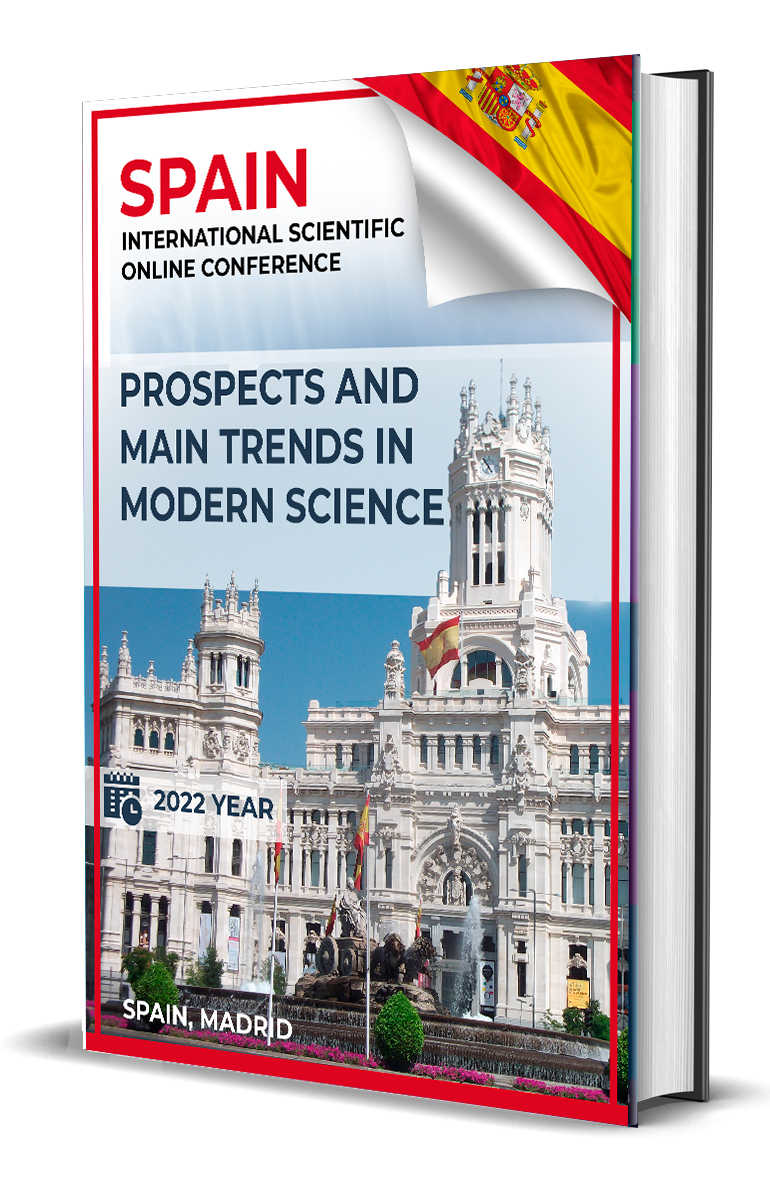THEORETICAL CORPUS-BASED TRANSLATION STUDIES
Keywords:
methodologicsl spproach, corpus, corpus-based translation, language patterns, machine translation, pragmatics, sociolinguisticsAbstract
Theoretical corpus-based translation studies (CBTS) are a methodological approach that uses corpora as primary data sources to study translation phenomena. It focuses on corpus linguistics and translation theory, analyzing large collections of text to understand language patterns and usage. The research objectives include empirical investigation and generalizability across different languages and contexts. Key concepts include translation universals, quality assessment, and translator training. CBTS has applications in translator training programs, machine translation systems, and interdisciplinary perspectives, such as cognitive linguistics and sociolinguistics and pragmatics. It also addresses ethical concerns related to the use of corpora and may integrate with technology to enhance translation tools and methodologies. By bridging theory with practical application, CBTS continues to advance translation studies and inform scholarly research and professional practice.
Downloads
References
Blum-Kulka, S. and E. A. Levenston. 1983. Universals of lexical simplification. In Strategies in interlanguage communication, ed. C. Faerch and G. Kasper, 119-139, London: Longman.
Bowker, L. 1998. Using specialized monolingual native-language corpora as a translation resource: A pilot study. Meta 43 (4):631-651. (Special issue: The corpus-based approach, ed. S. Laviosa.)
Bowker.L. 2000. A corpus-based approach to evaluating student translations. The Translator 6 (2):183-210. (Special issue: Evaluation and Translation, ed. C. Maier.)
Brisset, A. 1990. Sociocritique de la Traduction: Teéâtre et Altérité au Quebec, 1968- 1988. Longueuil, Canada: Le Préambule..
R. Gill and R. Gannon. Toronto: University of Toronto Press. Burnett, S. 1999. A corpus-based study of translational English. Unpublished MScdissertation. Centre for Translation and Intercultural Studies, UMIST, Manchester.
Camargo, D. C. de 2001. Corpus-based translation research on legal, technical andcorporate texts. Across Languages and Cultures 2 (1):113-125.
Carey, F. H. 1844. The vision of hell, purgatory and paradise of Dante Alighieri. London:George Bell & Sons.
Chafe, W. L., J. W. DuBois and S. A. Thompson. 1991. Towards a new corpus of SpokenAmerican English. In English corpus linguistics in honor of Jan Svartvik, ed. K.Aijmer and B. Altenberg, 64-82, London: Longman.
Chesterman, A. 1998. Causes, translations, effects. Target 12 (1):200-230. Chesterman, A. 2000. A causal model for translation studies. In Intercultural faultiines. Research models in translation studies: Textual and cognitive aspects, ed. M.Olohan, 15-27, Manchester: St. Jerome.
Chesterman, A. and R. Arrojo. 2000. Shared grounds in translation studies. Target 12 (1):151-160. Frawley, W. 1984. Prolegomenon to a theory of translation. In Translation: literary, linguistic and philosophical perspectives, ed. W. Frawley. London: Associated University Presses.





